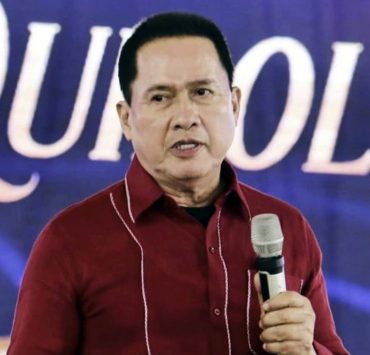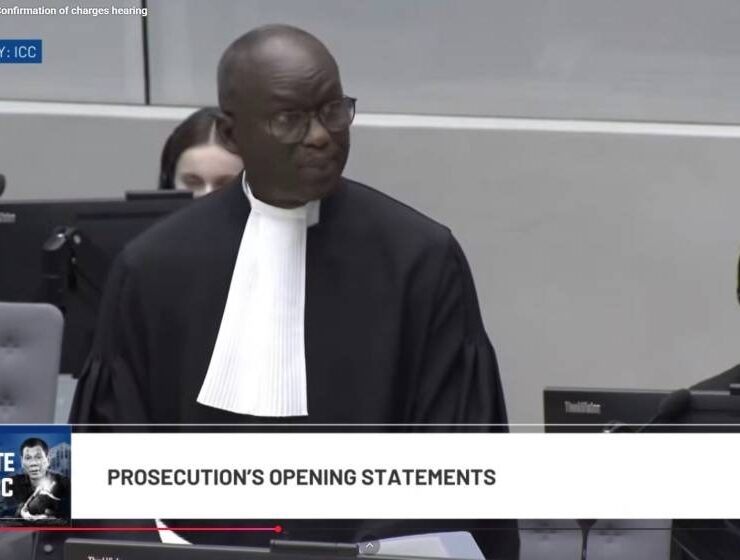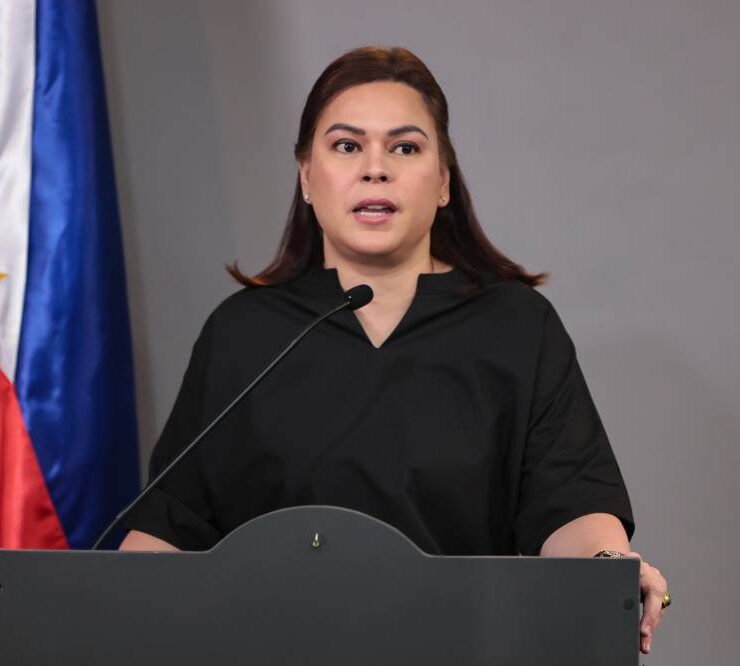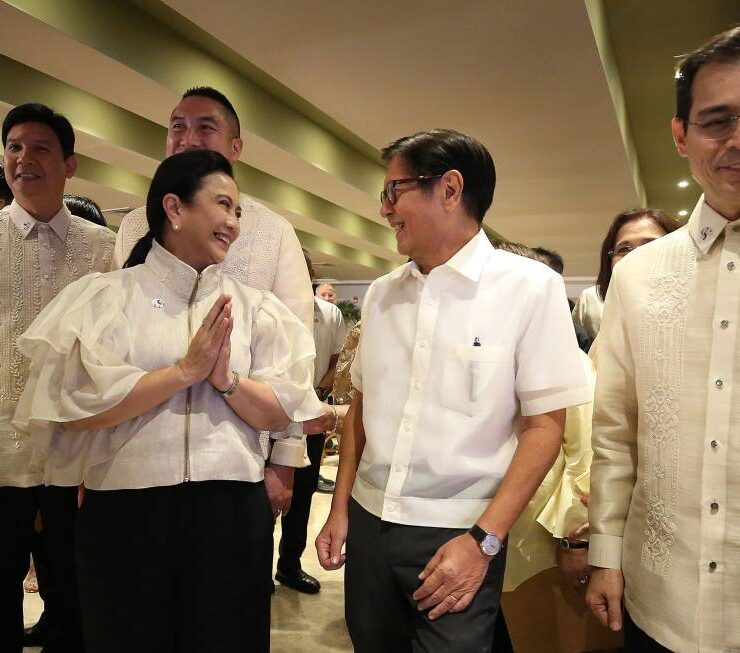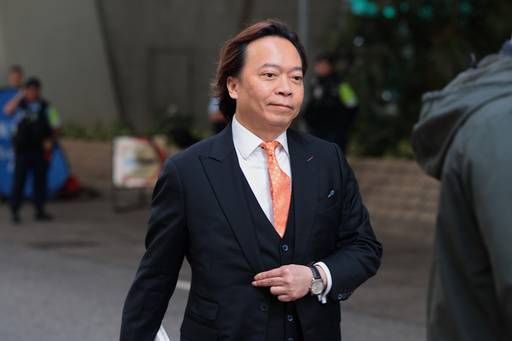After Guo mess, COCs go online for public scrutiny
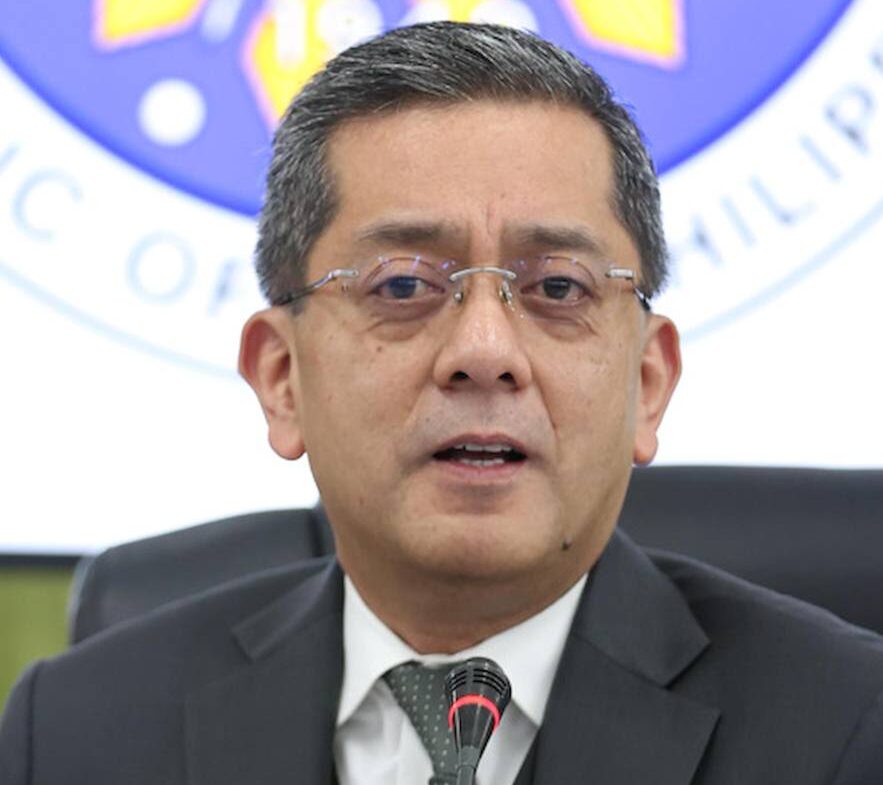
For the first time in the country’s electoral history, the Commission on Elections (Comelec) will allow open access to the certificates of candidacy (COCs) of all aspiring elective officials, giving the public the opportunity to obtain basic information about candidates as documents for next year’s polls poured into its offices on Thursday.
On Wednesday, Comelec Chair George Garcia cited recent investigations that showed Alice Guo, the dismissed mayor of Bamban, Tarlac, was allegedly a Chinese citizen, prompted the poll body to act to prevent foreigners from running for public office and to let the public check for falsehoods in the candidates’ declarations in their COCs.
Guo probe
“The Comelec saw it proper, for the first time, because of our experience in Tarlac,” Garcia told reporters. “We admit that there’s no additional law on the filing of candidacy but the Comelec had to act, to be proactive.”
He said the poll body decided to release all the COCs, the certificates of nominations (Conas) for political party candidates and the certificates of nomination and certificates of acceptance of nominations (Con-Cans) for party lists would be uploaded to the Comelec’s website within two weeks.
An investigation by the Senate and the National Bureau of Investigation showed that Guo’s real name is Guo Hua Ping and that she was a Chinese citizen who entered the country as a child, contrary to what she claimed in the notarized COC for mayor that she filed for the 2022 elections.
As a result, the Comelec charged Guo with misrepresentation in her COC and the Office of the Solicitor General filed a separate quo warranto case against her.
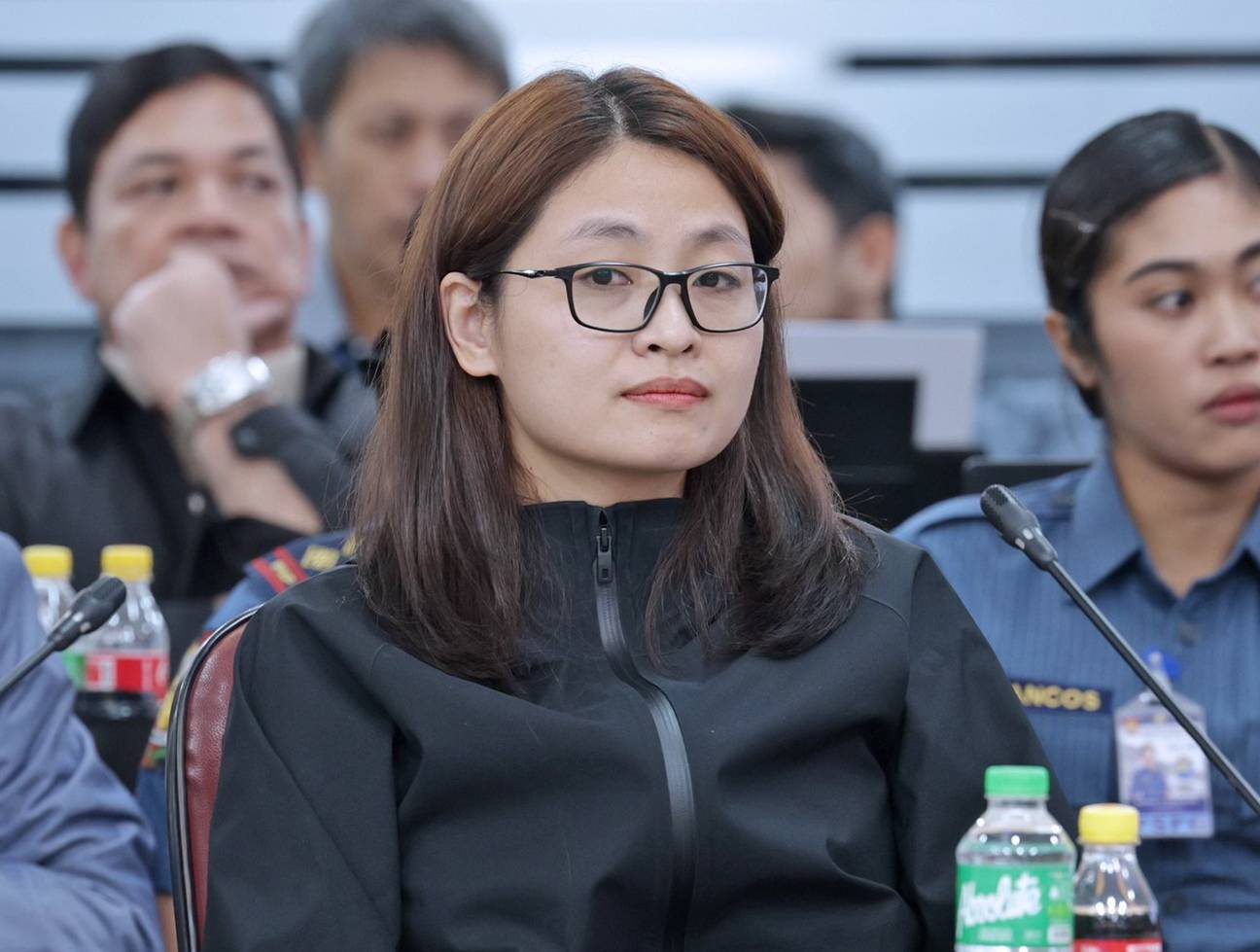
These certificates contain various items to be filled up by aspiring officials, who attest that they these are all true. These include, among others, their full names, date and place of birth, years of residency in the locality and in the country, civil status, and profession or occupation.
“You will get to know the candidate so you can have a basis if you will be able to file a petition to cancel the candidacy, so that we won’t be surprised that all of a sudden, somebody [who] is running turns out to have an issue about his or her qualification,” Garcia said.
‘Misinformed’ no more
“At least, [with the online posting], our countrymen will no longer be misinformed,” he told reporters. “We want you to see them (COCs, Conas and Con-cans). It’s a demonstration of transparency.”
In the past, these documents were only accessible upon request from the main or local Comelec office.
Comelec Resolution No. 11045, adopted on Aug. 28, states that the web posting will start on Oct. 18 in accordance with the Data Privacy Act and its implementing rules and regulations.
“The posting will serve as public notice of the aspirant’s declaration of qualifications for the position sought,” the resolution said.
“Sensitive information” about the candidates would be redacted. The resolution did not state which information were considered sensitive but Garcia earlier said these would include the candidate’s exact address, email-address and signature.

Hard copies
The Comelec has begun receiving copies of COCs filed by more than 43,000 individuals throughout the country.
Garcia said 183 individuals filed COCs for senator while 155 out of 160 eligible party-list groups filed their Con-Cans.
He said preliminary reports showed 573 individuals filed COCs for 254 seats in the House; 230 for governor and 184 for vice governor of 82 provinces; 1,558 for provincial board member; 3,647 for mayor; 3,344 for vice mayor; and 30,431 for city or municipal councilor.
The first batch of COCs for local positions arrived at the Comelec central office in Manila from the Ilocos, Cordillera, Cagayan Valley and Central Luzon regions, the provinces of Batangas and Cavite, and the first, second and third legislative districts of Davao City.
Petition to cancel, deny
Garcia said that within 25 days after the conclusion of the COC filing period on Oct. 8, any registered voter or political party may file petitions to cancel or deny due course to a COC for any elective office in the May 2025 polls on several grounds.
These include lack of qualifications or possessing any of the grounds of disqualification, including failure to file statement of contribution and expenditures, final conviction for bribery of election officials, acts of terrorism to enhance one’s candidacy, campaign overspending and soliciting, and receiving or making illegal campaign contributions.
Petitions to declare a “nuisance candidate” may be filed by another candidate running for the same position.
Appealable at SC
Garcia said the poll body will resolve all disqualification cases over the next two months so as to meet its Dec. 13 target to publish the official list of candidates for all positions.
Disqualified candidates may still appeal to the Supreme Court and secure a restraining order to stop the poll body from delisting them but these would have to be done before the start of the printing of ballots sometime in the last weeks of December, he said.
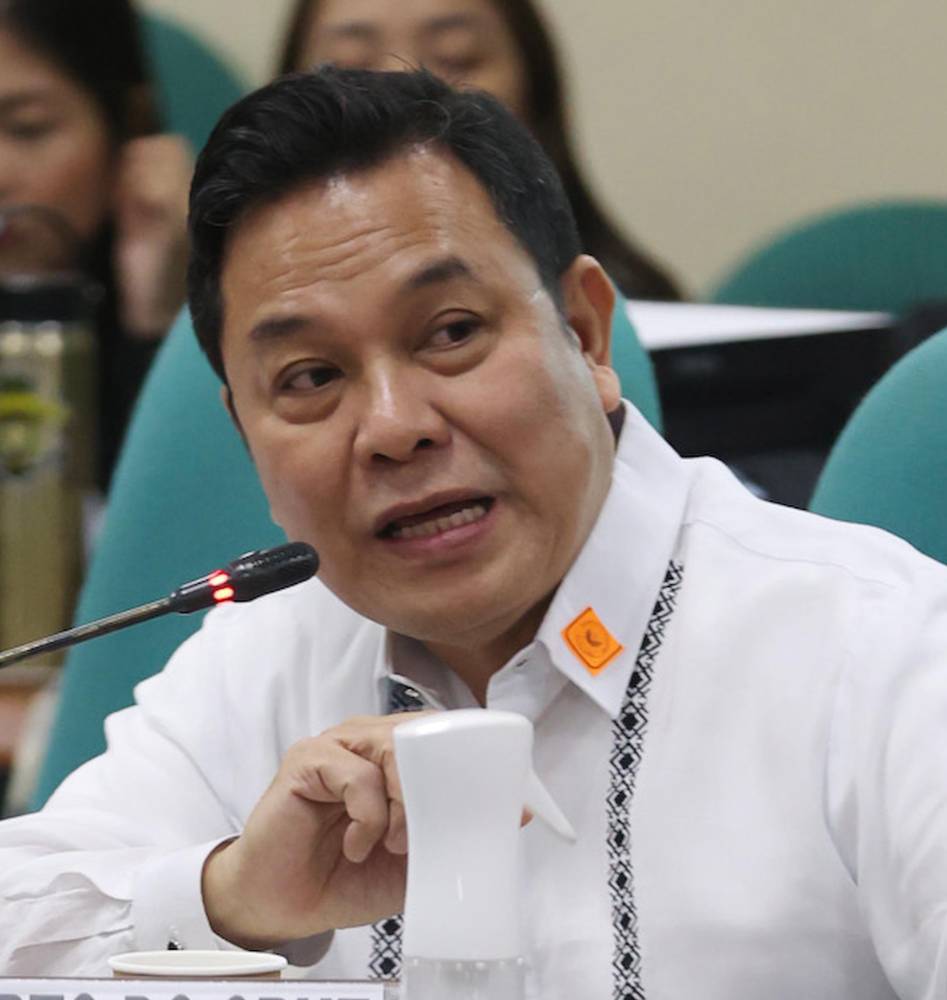
The Presidential Anti-Organized Crime Commission (PAOCC) executive director Undersecretary Gilbert Cruz said they were looking into reports of Chinese nationals holding local government positions but these would have to be validated.
“It will be unfair to tag them just because they have a Chinese name so we have to verify first,” he said in a radio interview on Thursday.
Cruz said that it was not impossible that there could be other Chinese nationals who are elected local officials.
Loophole
“During the course of Senate investigation, it was discovered that there were over a thousand Chinese nationals who acquired new identities in one of the birth certification registration centers here,” he said.
Sen. JV Ejercito on Wednesday, said that the late registration of births could be a loophole that needed to be plugged as this was being used to certify Filipino citizenship.
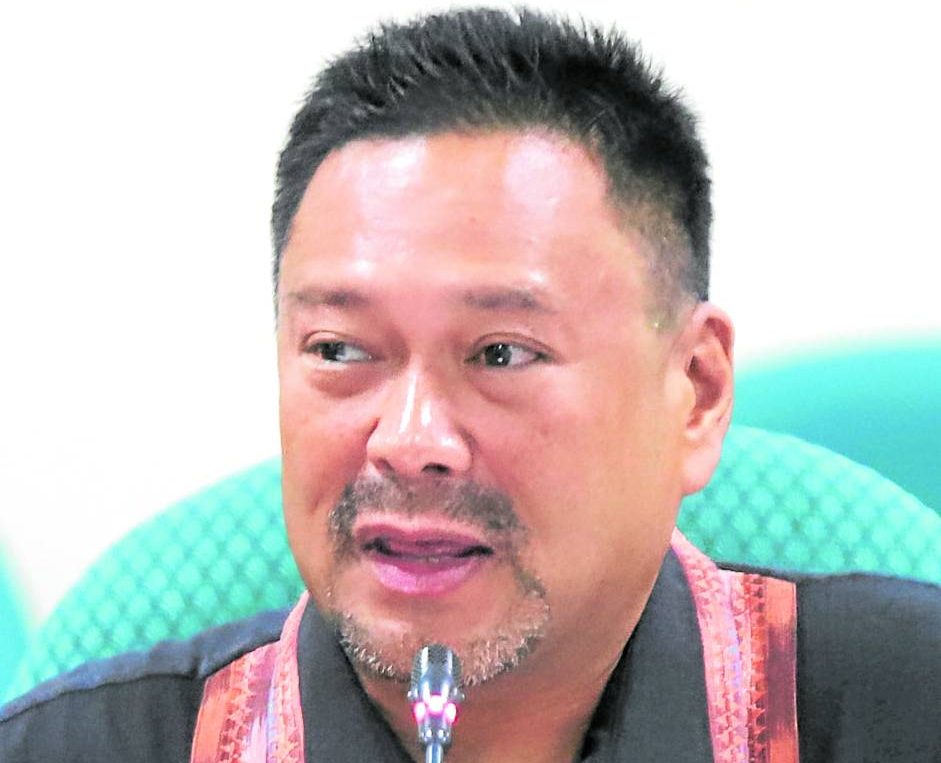
“This should be a wake-up call for us to be more strict … we have to put a plug in these holes so it won’t happen again,” he said.
The senator said he has met local officials who were councilors or mayors “who are obviously from China.”
“You’ll just know. I came from a Chinese school, so I can distinguish the accent and appearance of Chinoys (Chinese-Filipinos)—those who were born and raised here—and those who are from mainland China—those who are foreigners,” he said. “I’ve met some who seem like they weren’t raised here.”
Fresh allegations
Ejercito said theComelec should be vigilant so “we can prevent another Alice Guo [from] being able to run again in our government.”
His remarks came in the wake of fresh allegations by a certain Wang Fu Gui, during the recent Senate hearing on Philippine offshore gaming operators, that Guo’s election bid during the 2022 elections was “arranged by Chinese state security.”
Wang is a former cell mate of tycoon She Zhijiang—a confessed Chinese spy interviewed in an Al Jazeera documentary—who claimed that Guo was a Chinese agent.
Guo insists that she is Filipino and denies allegations that she is a Chinese spy.
Senate President Francis Escudero on Thursday urged Ejercito to inform the Comelec about these Chinese citizens that he spoke about.
“If he has doubts, Senator JV should inform the Comelec so it could look into it. And if there is enough basis to prove his suspicion, then file the appropriate case so these candidates can be disqualified,” Escudero said at a press briefing. —WITH REPORTS FROM FRANCES MANGOSING AND TINA G. SANTOS















